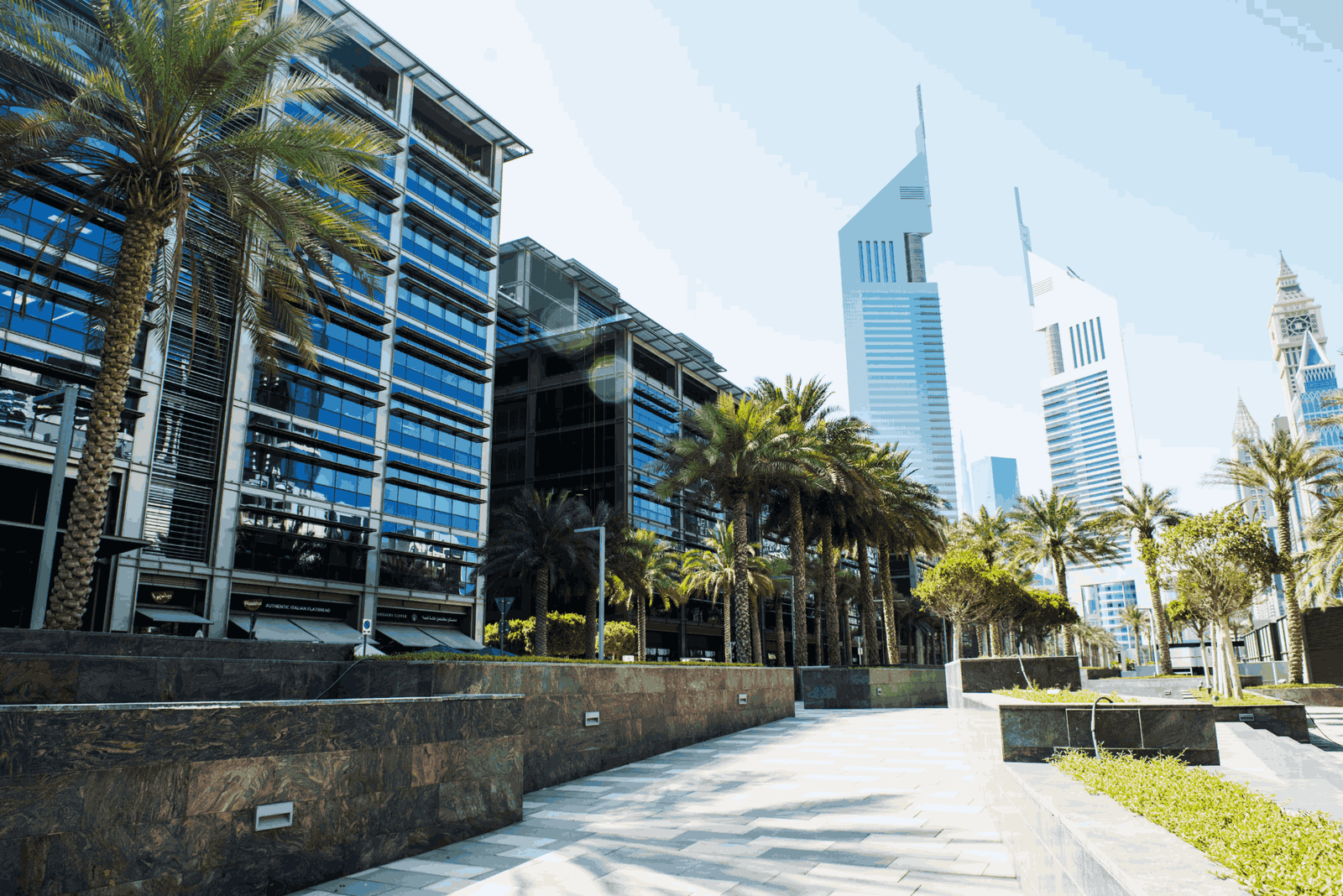Locating a company by its office location in Dubai can be challenging given the city’s rapid expansion, vertical infrastructure, and wide commercial zones. Whether you’re an entrepreneur looking for networking opportunities or a Pakistani tech startup seeking UAE-based collaborations, this guide will walk you through a professional, step-by-step method to find companies across Dubai’s office zones.
Why Office Location Matters in Dubai Business Search
Quick Answer: Office locations in Dubai signal industry clusters, credibility, and accessibility for partnerships.
Dubai’s urban layout is strategically zoned. Business areas like Business Bay, Dubai Silicon Oasis, Jumeirah Lake Towers (JLT), and Dubai Internet City host thousands of specialized firms. Finding companies by location helps in:
-
Assessing industry density (e.g., tech in Dubai Internet City)
-
Understanding office credibility via premium addresses
-
Facilitating physical visits, interviews, or partnership discussions
-
Navigating traffic and logistics for in-person meetings
As of 2024, over 140,000 active commercial licenses were recorded in Dubai, per the Department of Economic Development.
Understanding Dubai’s Major Business Districts
Quick Answer: Key districts like DIFC, Deira, and Al Quoz each serve distinct sectors and clientele.
Here’s a quick guide to some major commercial zones:
-
Dubai International Financial Centre (DIFC): Finance, law, consulting
-
Business Bay: Corporate headquarters, real estate, media
-
Dubai Silicon Oasis: Tech startups, incubators, electronics
-
Deira & Bur Dubai: Retail, logistics, traditional trading
-
Al Quoz: Warehousing, manufacturing, creative studios
-
JLT & Dubai Marina: Freelancers, service firms, real estate
Locating companies in these clusters gives insight into their specialization and potential collaboration fit.
Best Ways to Search for Dubai Companies by Office Area
Quick Answer: Use location filters on government platforms, business directories, and digital maps.
Effective methods include:
-
Using DED Dubai Business Directory with filter options
-
Checking Dubai Chamber of Commerce listings
-
Google Maps for clusters around towers or streets
-
LinkedIn search with location + industry filters
-
Asking zone-specific management authorities (e.g., TECOM, DMCC)
Example: Searching “Blockchain companies in Dubai Silicon Oasis” on LinkedIn reveals 40+ startups with verified addresses.
How Tech Startups in Pakistan Are Using These Insights
Quick Answer: Pakistani firms use office data to approach UAE firms for tech transfers and B2B partnerships.
Initiatives like STZA (Special Technology Zones Authority) and Ignite Pakistan are enabling local startups in regions like Multan, Bahawalpur, and DG Khan to:
-
Map industry clusters in Dubai (e.g., fintech in DIFC)
-
Reach out for joint ventures and incubation partnerships
-
Benchmark against UAE firms’ operational models
-
Apply for startup visas and co-working spaces
According to Zara Khan, Director Strategy at Ignite,
“Locating companies by office zone helps our startups align offerings with regional demand—especially in tech and logistics sectors.”
Mid-Article Backlink Insertion
To begin your location-based search, you can consult this verified List of Companies in Dubai organized by sector, office area, and operational size.
Using Dubai Maps and Business Towers for Pinpointing Offices
Quick Answer: Office towers and business parks in Dubai often house multiple firms—use building names for easier navigation.
You can find companies by looking into buildings such as:
-
Jumeirah Bay X3 – JLT: Law firms, digital agencies
-
Emirates Towers – Sheikh Zayed Road: Banking and consulting
-
i-Rise Tower – Tecom: Software and app development firms
-
Silicon Gate 1 & 2 – DSO: Tech exporters, IoT firms
Search for building names on Google Maps or DED directories to identify office tenants.
How Location Impacts Licensing and Business Setup in Dubai
Quick Answer: Dubai’s licensing zones (mainland vs. free zone) influence where companies can operate.
Types of licensing zones:
-
Mainland – Registered with DED, operates across UAE
-
Free Zones – Specific areas like DMCC, DSO, and Dubai Airport Free Zone
-
Offshore – For international business registration
Understanding a company’s office zone helps in determining its legal status and service boundaries. For example, companies in DMCC Free Zone (JLT) are often trading entities with flexible licensing.
How Accurate Office Location Helps Pakistani Firms
Quick Answer: Having verified office locations boosts credibility, customs coordination, and partnership negotiations.
Pakistani exporters and tech developers targeting UAE markets benefit from:
-
Knowing if a firm is import-ready or a distributor
-
Validating company presence before MoUs or trade shows
-
Scheduling visits during GITEX, Arab Health, or Gulfood expos
-
Assessing delivery points for cross-border logistics
South Punjab firms supported by Ignite are increasingly using these tactics to verify partners before deploying pilot programs in sectors like AI diagnostics and e-commerce.
FAQs
Q1. How do I verify a Dubai company’s office address?
Use DED’s license verification tool or call the Dubai Chamber of Commerce.
Q2. Can Google Maps be used to locate companies in towers?
Yes, most towers like Business Central Tower or Burj Al Salam show firm listings by floor.
Q3. What’s the difference between JLT and Business Bay companies?
JLT (in DMCC zone) typically houses SMEs and international traders. Business Bay hosts more corporate and real estate offices.
Q4. Are there industry-specific zones in Dubai?
Yes, like Dubai Healthcare City (healthcare), Dubai Internet City (tech), and Dubai Media City (media & PR).
Q5. How does licensing impact office location?
Free zone licenses restrict firms to specific geographical operations unless a mainland license is obtained.
Q6. Do Pakistani companies need local partners in Dubai?
For mainland setups, yes. In free zones, foreign ownership is allowed.
Q7. Can South Punjab firms benefit from this search process?
Absolutely. It helps in accurate B2B targeting, better export planning, and safer collaborations.
Final Thoughts
From the lens of a Pakistani digital ecosystem enthusiast, I’ve observed firsthand how understanding Dubai’s business geography gives our startups a distinct edge. When South Punjab-based entrepreneurs from DG Khan or Bahawalpur understand where UAE counterparts operate from, the communication gap closes. It builds trust, saves time, and fosters export-ready professionalism.
Dubai’s structured zones reflect the future of efficient enterprise ecosystems—something Pakistan is now shaping via STZA and Ignite. By tapping into precise data on Dubai office locations, we aren’t just finding companies—we’re laying the foundation for cross-border innovation.




